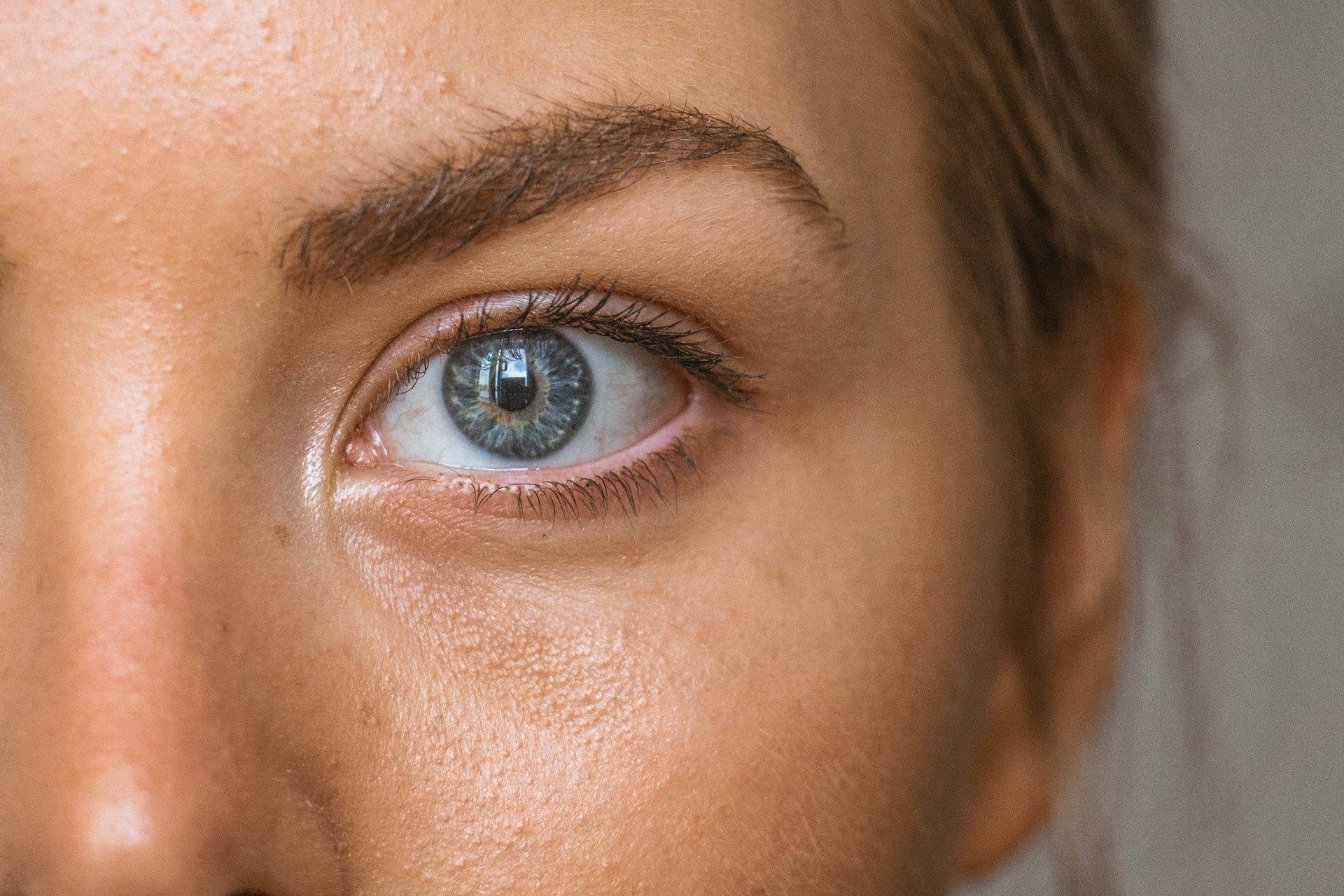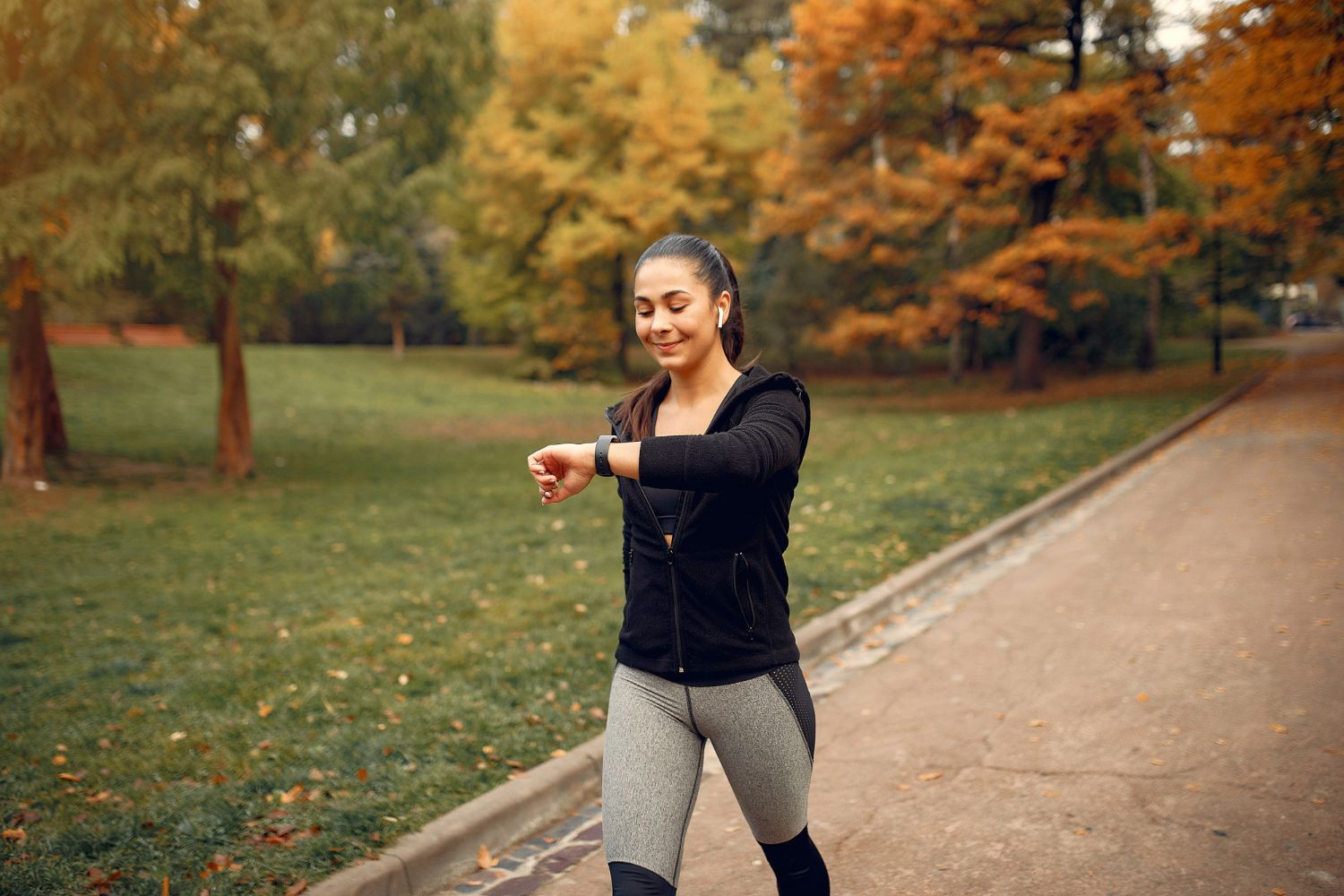Effective Tips for Post-Workout Recovery

Post-workout recovery isn't just about feeling better the next day; it's a key part of boosting performance and maintaining overall health. Whether you've just completed a long run, a cycling session, or a heavy lifting day at the gym, how you care for your body afterward can make a significant difference in how quickly you recover and how strong you feel later. Many people underestimate the power of recovery, thinking that results are only made during the workout. However, it's during recovery that your muscles repair, grow, and get ready for the next challenge.
Imagine waking up the morning after a workout, ready to take on the day without the aches and stiffness. Achieving this isn't just a dream—it's completely possible with a few effective strategies. Post-workout recovery, especially in a city like Las Vegas where the hustle never stops, can help you stay energized and near top performance. Let's explore some straightforward steps to incorporate into your routine that support fast and effective recovery.
Hydration: The Key to Recovery
Keeping hydrated is a simple yet often overlooked aspect of effective recovery. After exercising, your body needs fluids to replenish what was lost during sweating. Water helps to regulate your body's temperature, transport nutrients, and keep joints moving freely. Without adequate hydration, you might find yourself feeling fatigued longer than necessary, or worse, dealing with intense muscle cramps.
Here are a few tips to ensure you're rehydrating properly:
- Drink water regularly by taking small sips before, during, and after your workouts to maintain your hydration levels.
- Use electrolyte drinks that contain electrolytes, especially if your workout has been particularly lengthy or intense. Electrolytes can replenish lost salts and help prevent dehydration.
- Listen to your thirst as your body's natural cues for thirst are a good indicator of when you need to drink, so don’t ignore them.
Different options like coconut water, sports drinks, or homemade electrolyte solutions can make rehydration both effective and pleasant. Staying well-hydrated ensures that your muscles receive the necessary nutrients for recovery and helps to keep you feeling energized for the rest of your day.
Nutrition for Muscle Repair
Nutrition plays a crucial role in how your body recovers post-exercise. After a workout, your muscles need the right nutrients to repair and grow. Consuming a combination of proteins and carbohydrates not only helps in replenishing glycogen stores but also supports muscle repair.
Key nutrients crucial for recovery include:
- Proteins which are essential for muscle repair. Consider lean meats, beans, or protein shakes as a part of your post-workout nutrition.
- Carbohydrates help restore glycogen levels. Foods like whole grains, fruits, and vegetables can provide an energy boost.
- Healthy fats assist in overall nutrient absorption. Incorporate sources like avocados and nuts into your meals.
Timing is also a factor to consider. Consuming these nutrients within 30 to 60 minutes post-exercise can optimize the recovery process, helping your muscles to build back faster and stronger. Incorporating these practices consistently can not only enhance your recovery process but lead to better performance and health in the long run.
The Benefits of Rest and Sleep
Taking rest days and getting enough sleep are essential parts of a successful fitness routine. Rest days allow your muscles time to repair and grow after intense workouts, helping reduce the likelihood of injury and overtraining. Providing your body with the proper downtime can lead to stronger muscles and improved endurance for your next workout.
Sleep is another major factor in post-workout recovery. While you're snoozing, your body goes into repair mode. Growth hormones are released, aiding in muscle recovery, growth, and protein synthesis. This means that a lack of sleep can slow down these processes, leaving you feeling sluggish and not performing at your best.
To enhance the quality of your sleep, consider the following tips:
- Establish a routine by going to bed and waking up at the same time each day sets a consistent sleep schedule.
- Create a relaxing environment by keeping your bedroom cool, dark, and quiet to promote better sleep.
- Limit screen time by avoiding screens at least an hour before bed. The blue light can interfere with your sleep cycle.
By prioritizing rest and sleep, you're doing your body a favor, allowing it to rebuild and get stronger, so you're ready for whatever fitness challenges come your way.
Effective Stretching and Foam Rolling
Stretching and foam rolling should be regular parts of your post-workout routine. Stretching helps maintain flexibility and increases your range of motion. After a tough training session, gentle stretching can prevent your muscles from tightening up, reducing the likelihood of soreness the next day.
Foam rolling, or self-myofascial release, targets the fascia, the connective tissue that surrounds your muscles. By rolling over sore areas, you promote blood flow and help release built-up tension, effectively speeding up recovery.
Here’s a simple routine you can use to get started:
1. Static stretching: Hold stretches for 15 to 30 seconds without bouncing. Focus on major muscle groups like hamstrings, quads, and calves.
2. Foam rolling: Slowly roll over tight spots, pausing on any sore or tender areas for about 20-30 seconds.
3. Consistency is key: Aim to include stretching and foam rolling in your routine at least three times a week to reap the benefits.
Both stretching and foam rolling are affordable ways to aid your recovery and ensure you're primed and ready for your next workout.
Massage and Physical Therapy
Incorporating regular massage into your recovery plan can enhance your results. Massages can relieve stress, reduce muscle tension, and improve circulation, aiding overall recovery. There are different types of massages you might consider, such as deep tissue for intense relief or a Swedish massage for a gentler touch.
Physical therapy can also be beneficial, especially if you’re dealing with specific injuries or persistent issues. A professional therapist can guide you through exercises and therapy techniques that are catered to your individual needs, ensuring recovery is both effective and safe.
- Consider massage for relaxation as it not only helps relax muscles but also promotes mental relaxation, leaving you refreshed.
- Explore physical therapy, which is especially useful for targeting stubborn problems or recovering from injury with professional guidance.
By incorporating these approaches, you can address both muscular and mental health, fostering a holistic approach to recovery.
Embrace Active Recovery
Active recovery might sound like a contradiction, but it’s an effective strategy that keeps your body moving without the intensity of regular workouts. This approach can be as simple as taking a walk, doing yoga, or swimming at a low intensity. Such activities enhance circulation, provide a gentle stretch, and help clear lactic acid buildup from muscles.
Embracing active recovery exercises provides several benefits:
- Reduces muscle soreness by keeping blood flowing to muscles, aiding recovery.
- Prevents injury by maintaining mobility and reducing muscle tension buildup.
- Enhances overall mood as these activities can boost your mental well-being too.
Including active recovery in your fitness plan ensures your body gets a break without losing mobility or falling behind, making it a smart choice for anyone serious about effective recovery.
Personalized Recovery Plans with TRT in Las Vegas
Exploring personalized treatment plans can significantly enhance your recovery journey. TRT, or Testosterone Replacement Therapy, is one method that can assist in improving recovery time and effectiveness, especially for those in Las Vegas. This therapy can help individuals optimize their post-workout repair and energy levels.
Talon Wellness offers customized solutions in Las Vegas, allowing you to tailor your recovery plan to meet personal needs. With expert guidance and monitored progress, TRT might be the difference you've been seeking to enhance your fitness experience.
Post-Workout Recovery: Your Path to Continued Progress
Integrating good recovery habits isn’t just about feeling comfortable after exercise—it’s a proactive way to improve your overall fitness. By focusing on hydration, nutrition, sleep, and various forms of active and passive recovery, you build a foundation for continued progress.
Start by selecting a few strategies that fit your lifestyle and gradually introduce them into your routine. Before long, you'll find that these choices aren't just about recovery but becoming integral parts of your fitness journey, helping you achieve your goals while staying healthy and resilient. By empowering yourself with the right knowledge and approaches, you're setting the stage for lasting success.
Achieving your fitness goals in Las Vegas involves more than just workouts; balancing exertion with effective recovery is key. Discover how TRT in Las Vegas can enhance your recovery process and optimize your fitness regimen. At Talon Wellness, we understand the importance of personalized recovery solutions that support long-term performance and wellness.
Ensure Consistency - Renew Your Wellness Program Today!

Contact us today and get personalized treatment without ever having to leave your home.
Navigation
All Rights Reserved | Talon Wellness
Website designed by: Designer 1 Media









